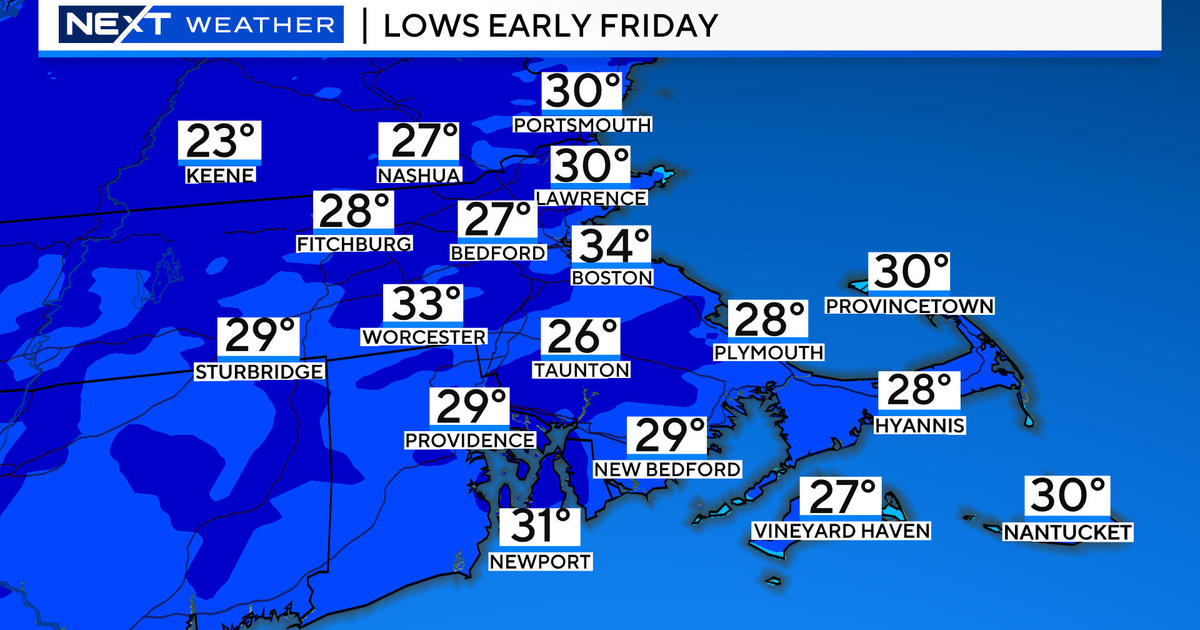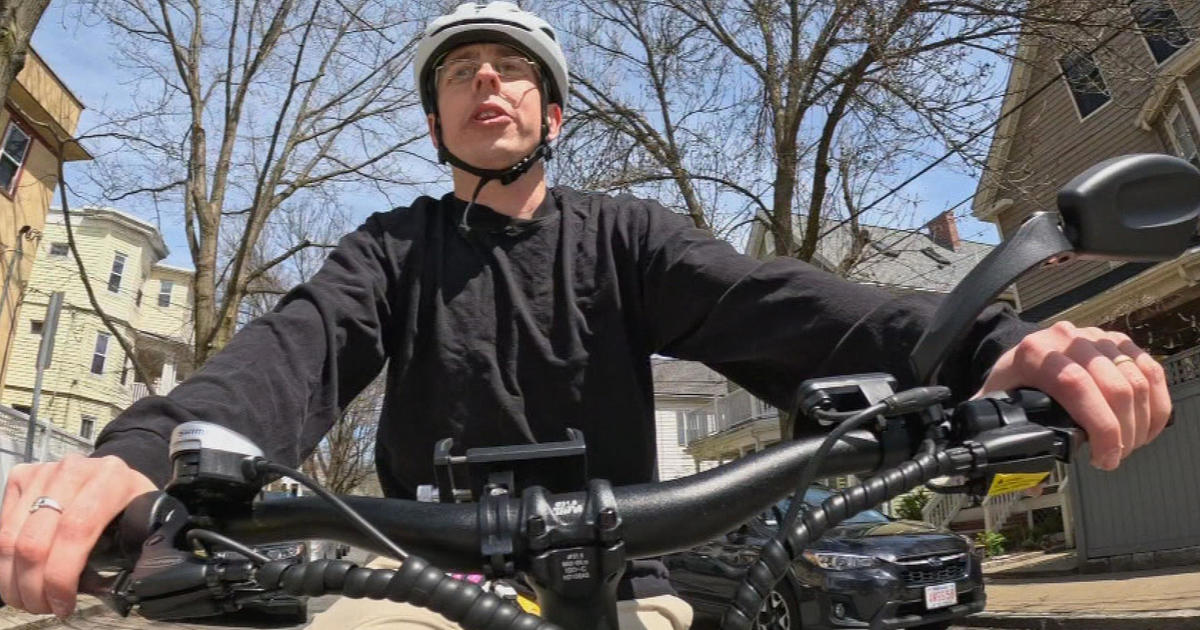The Grandparent Scam
BOSTON (CBS) - Scammers will call or send messages pretending to be a grandchild begging the grandparent to wire money immediately. When they call it will probably be in the middle of night. The telephone line is crackling and their voice may break up but the message is clear.
The Grandparent Scam
The caller will say they need cash to help with an emergency, like getting out of jail, paying a hospital bill, or needing to leave a foreign country. And please don't tell their parents. This is so embarrassing. They know they can trust you. Their goal is to trick you into sending money before you realize it's a scam.
How does this scammer even know there is a grandchild? Social media!
It's surprisingly easy for a scam artist to impersonate someone. Social networking sites make it easier than ever to sleuth out personal and family information. Scammers also could hack into the e-mail account of someone you know. To make their story seem legitimate, they may involve another con artist who claims to be an authority figure, like a lawyer or police officer.
They play on your emotions. Scammers are banking on your love and concern for your grandchild to outweigh your disbelief.
Con artists will insist that you keep their request for money a secret to keep you from checking out their story and identifying them as imposters. Victims of this scam often don't realize they've been tricked until days later when they speak to family members who know nothing about the "emergency." By then, the money that was sent can't be recovered.
Before you ever send money verify there is truly an emergency. Usually money emergencies can wait until the light of dawn.
Below are some helpful tips from the FTC on avoiding this scam:
- Resist the urge to act immediately, no matter how dramatic the story is.
- Don't wire money or send a check or money order by overnight delivery or courier.
- Verify the person's identity by asking questions that a stranger couldn't possibly answer.
- Call a phone number for your family member or friend that you know to be genuine.
- Check the story out with someone else in your family even if you've been told to keep it a secret.
- Report possible fraud at gov/complaint or by calling 1-877-FTC-HELP.
....................
You can hear Dee Lee's expert financial advice on WBZ NewsRadio 1030 each weekday at 1:55 p.m., 3:55 p.m., and 7:55 p.m.
Subscribe to Dee's Money Matters newsletter here.



